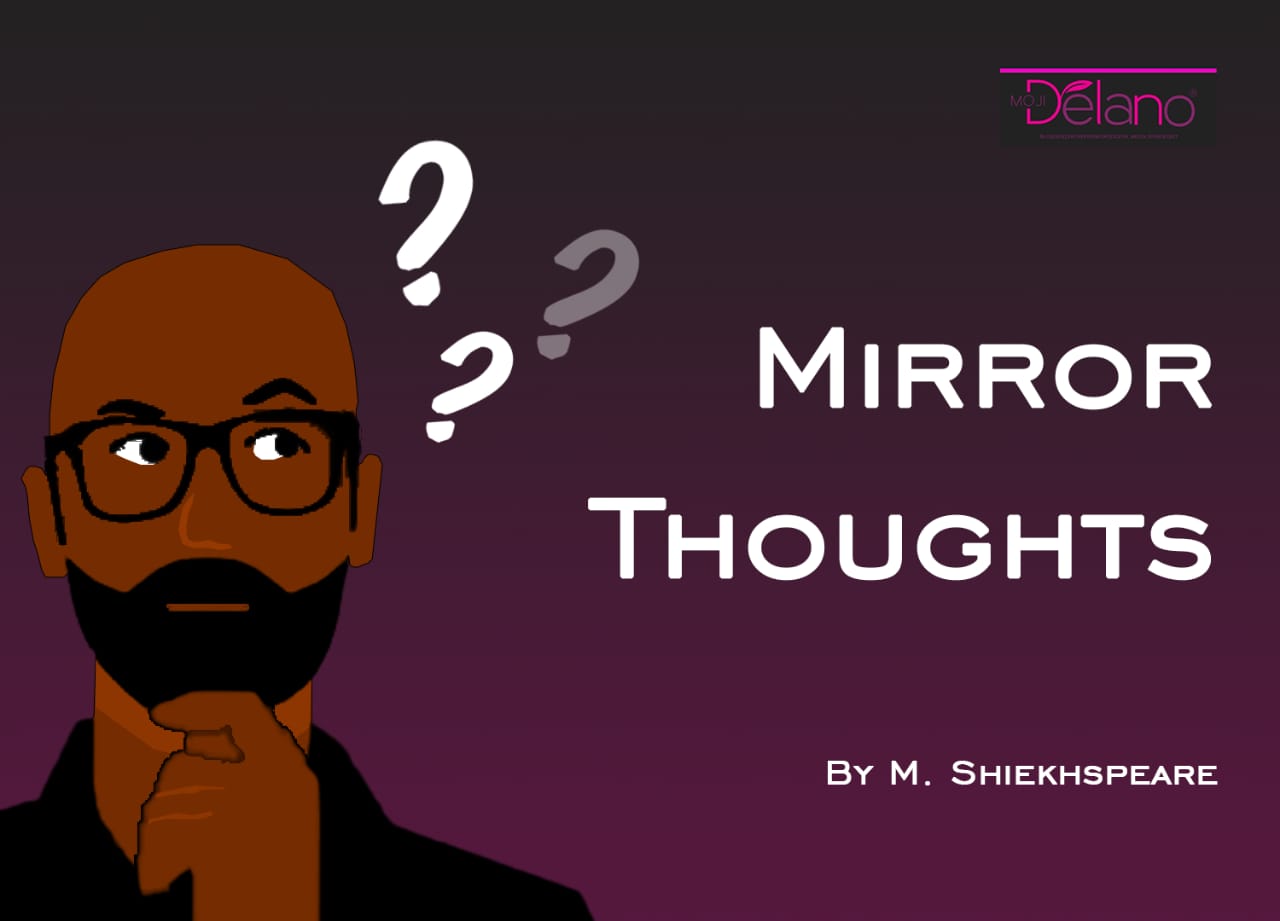MIRROR THOUGHTS: Is Ignorance Really Bliss? The Curious Case Of Twitter
In order to repel ignorance, ask yourself — when’s the last time you didn’t check any social network especially Twitter or news outlet for a full day, let alone a week?
The news is heavy, but it has been for years, so that’s not it. Mostly, I think it’s changes at Twitter, and I worry how that’s affecting others, especially regular users with influence offline.
Habit, Addiction, and Time
If you go online a lot and suddenly stop, it’s striking how much time there is. That’s true of any hobby (or addiction), but especially with the internet. We carry it everywhere, there are so many options, and it cries for our attention, both mentally—Did anyone react to my post? Is someone awaiting my response? What the latest in that ongoing drama?—and physically, with beeps, buzzes, alerts. Much of the 21st century economy is built on notifications and likes.
Read Also: MIRROR THOUGHTS: Children And Parent-Teacher Frustrations At Being Strong-Willed
Removing that frees up mental capacity. You should try it. It’s not just thinking less about internet drama, but also not reaching for instant stimulus in moments of quiet or boredom. To let your mind go unstimulated, like we did before smartphones. Not the full throttle, just relatively more isolated. If you closely follow politics, that means less time thinking nationally and globally, freeing up more for family, community, self.
I’m pleased to say I checked back in to catch up on the economy due to my job, did interviews, and checked back out. I saw some other headlines that might interest me, but didn’t click on them. And while tempted to publicly comment, I didn’t. It turns out my relationship with the news isn’t like an alcoholic or a gambling addict, where I can’t do a little without doing a lot. While the human suffering and global stakes of insecurity and spiralling inflation still weighed on me—that receded as I stopped seeing constant updates, but never went away—the feeling I go on this news break to escape didn’t return.
Which suggests the problem isn’t the news itself, as negative as that can be. It’s discourse. Especially Twitter.
New Twitter
That place is toxic. I’m not breaking new ground here—both regarding the website’s negative qualities and how Elon Musk made it worse—but still, it’s remarkable how noticeable it is when stepping away, especially with my two previous breaks as reference points.
Among the changes since Musk took over in October 2022:
- Deliberately promoting falsehoods, bigotry, and conspiracy theories.
- Censoring political opposition at the request of government leaders (in Turkey, India, etc).
- Degrading the reliability of information on the network.
- Elevating liars, dullards, and boors over the factual, knowledgeable, and clever by promoting content from paying customers while creating such an unappealing brand that aggrieved right wing culture warriors and Elon Musk fanboys are just about the only ones paying.
- Basic technical problems, from an increase in small glitches to the embarrassment of bad audio in a hyped presidential campaign announcement.
As Twitter has gotten more and more toxic, what’s that doing to the media and political figures on it? Not just as a main source of information and gauge of what people believe, but emotionally. Psychologically. If they’re blasting their brains with this stuff every day, they likely have a distorted sense of public opinion. And they’re probably associating negative feelings with politics and news (even more than usual), which affects how they think and talk about it.
What’s that doing to everything else?
Ignorance can be bliss, it’s true, but for me it soon feels like wimping out, missing out, abdicating responsibility. It feels like quitting.

